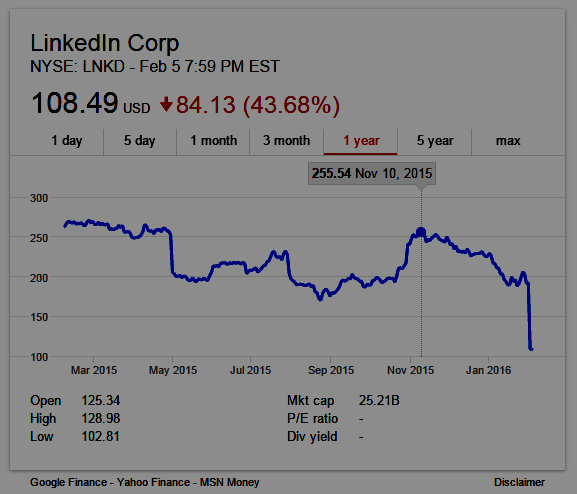
But as initial hiring grants vest, the unvested portion of an employee’s stock grant dwindles – and without those future vesting dates, the incentive to stick around goes down. And finally, vesting stock grants incentivize employees to stay with the company for a longer period of time. They give employees a chance to really share in the success of the company in the event of an IPO or acquisition.


They help create a competitive compensation package while making cash reserves last longer. What are common stock refresher models? Thanks for this question, From a company’s perspective, stock grants serve a number of purposes. In most cases, this means that if you don’t make it a year, you don’t get any stock or options – but if you stay for one year and a day on a four year vesting schedule with a cliff, you get 25%. With a cliff, if you terminate employment before the cliff date, you forfeit all stock (or options) in the grant. The cliff means that 25% of the shares are vested after the first year after the grant date, and the rest vest on a regular schedule (typically monthly or quarterly) for the rest of the vesting period. The most common vesting schedule in startups is over four years, with a one year cliff. Both stock options and RSUs typically have a vesting schedule ( ), as laid out in the company’s employee stock plan. I’m also not talking about taxation stuff related to employee stock today, because that is a whole other giant area. I’m not covering officer/founder shares or ESPP’s today, but wanted to mention them for completeness. Mature public companies also may have an Employee Stock Purchase Program, allowing employees to use part of their paycheck to buy stock at a discounted price. Certain roles, such as very high-level executives/officers, may receive shares directly vs RSUs, but this isn’t typically the case for non-founder/non-officer employees. Though all stock compensation has some risk – there are no guarantees – on the whole RSUs are seen as less risky than options. RSUs are typically used at later-stage and public companies that provide stock grants to employees. There’s no requirement to purchase or exercise an option. Unlike stock options, an RSU is a grant of stock outright ( ). If the price per share changes in the future, the option gives the employee the right to buy the shares at that set price – the exercise price. An option is the right to buy shares of stock in the future, but at a set price. When you get stock in a company as part of your compensation package, it usually comes as either options or restricted stock units. So today, I’m going to answer questions about stock as a component of total employee compensation. You all shared really thoughtful questions, many of which were about equity based comp. A few weeks ago I asked you what your top compensation questions were.

Hi Everyone! I'm going to be writing about compensation here each month.


 0 kommentar(er)
0 kommentar(er)
